Let’s introduce ourselves. Here’s a little summary of me. You can also visit my home page, http://casa.colorado.edu/~dduncan
The Plan for this Week is to discuss:
| Goals for the seminar. What would you like to learn in this class? |
| How will you feel and respond if you find things you’ve believed are untrue? |
| Ways of understanding the world. Is it “Black and White?” “Good or Evil?” Are you? |
| What is the importance of a Free Press? What should it do? Read Why Freedom of the Press is more important than ever in class. |
| Where do you get news from? What are characteristics of accurate news? Fast or slow? References? |
| How to Study Effectively (“Beliefs That Make You Stupid”) |
For many centuries knowledge was for the privileged few. Three hundred years B.C. in the Egyptian city of Alexandria, the great library attempted to have a copy of every book in the world. (books were scrolls at that time) 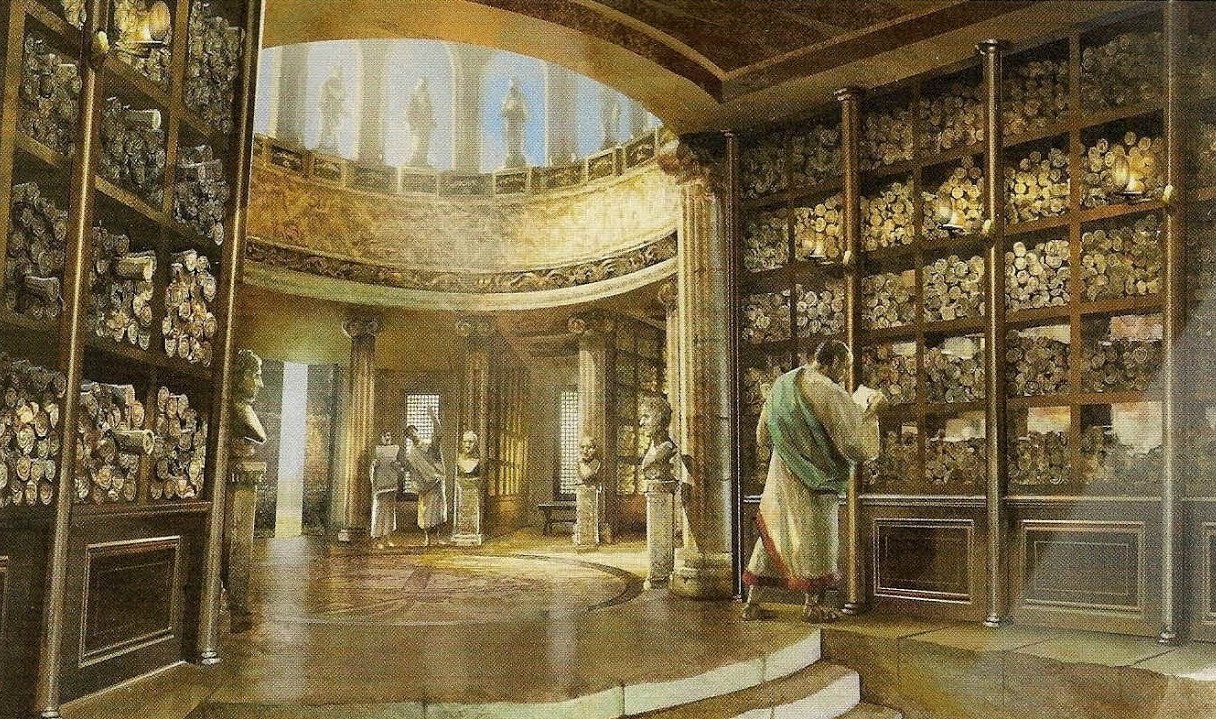 Scholars working at Library were paid by Pharaoh, had free meals, accommodation and servants so they were able to focus only on research. Only a few people enjoyed these opportunities.
Scholars working at Library were paid by Pharaoh, had free meals, accommodation and servants so they were able to focus only on research. Only a few people enjoyed these opportunities.
In the Middle Ages, specially trained Monks copied every book by hand. Books were written in Latin, which priests but not ordinary citizens could read. 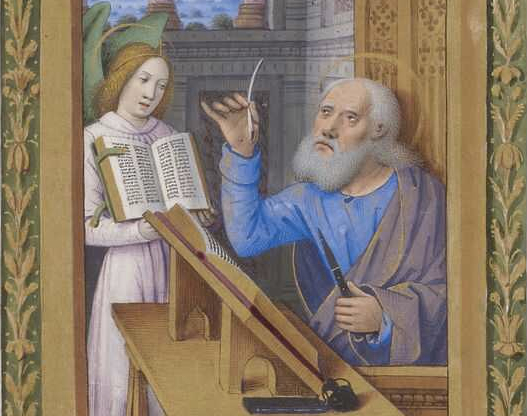 Scholarship was still for the few.
Scholarship was still for the few.
Then, in the middle of the 15th century, goldsmith and inventor Johannes Gutenberg invented the printing press. For the first time printing could be copied relatively easily, so many more books could be printed.
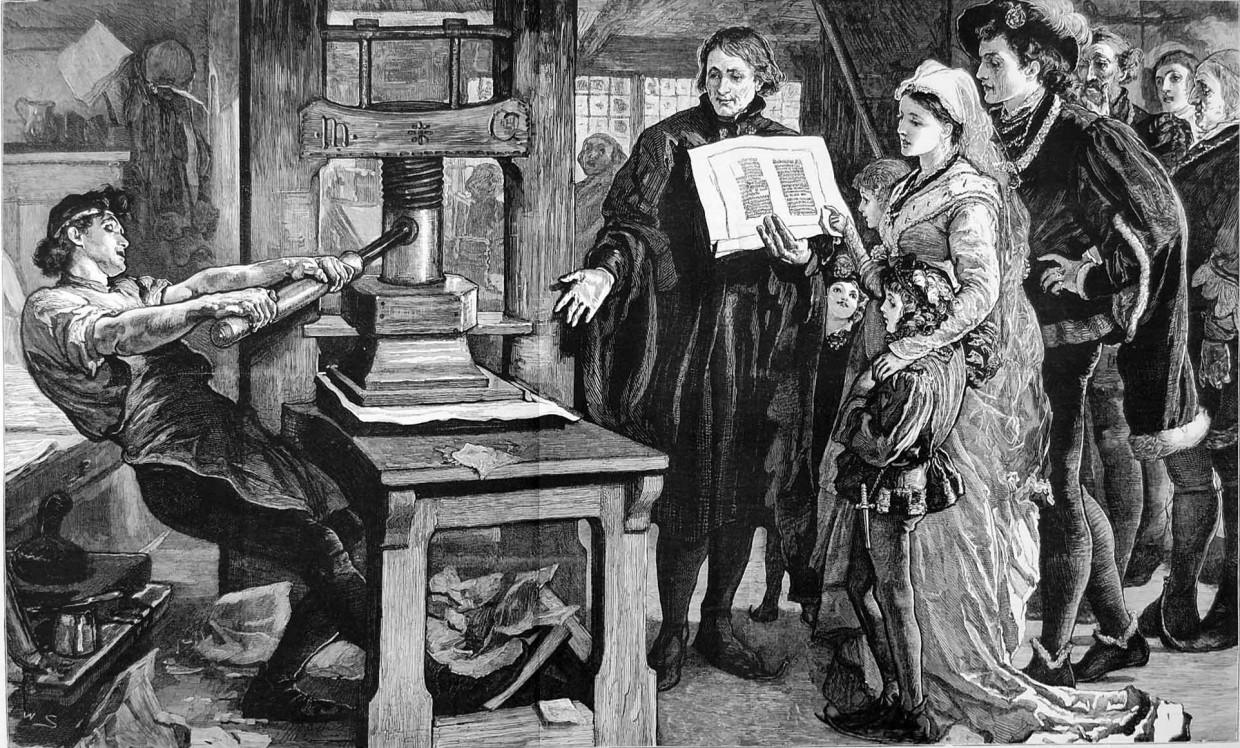
Books were still in Latin, however. Galileo, the first modern scientist, thought that scientific knowledge was important for everyone, not just the few. So in 1630 he wrote his Dialogue Concerning the Two Chief World Systems in Italian, not Latin. (He was an entertaining writer, too.) Many more people gained the information to decide, in this case, if the Earth was the center of the universe or not. Galileo’s writings had profound affects on practical matters, philosophy, and religion, because it was shared.
Scottish-American businessman and philanthropist Andrew Carnegie thought that libraries were very important. They were places where the individual could better themselves through learning. Between 1883 and 1929, 1,689 Carnegie Libraries were built in the United States. In a majority of cities, Women’s Clubs helped raise money to add to what Carnegie offered, to bring a library to their city. Now anyone in thousands of US cities could read books for free.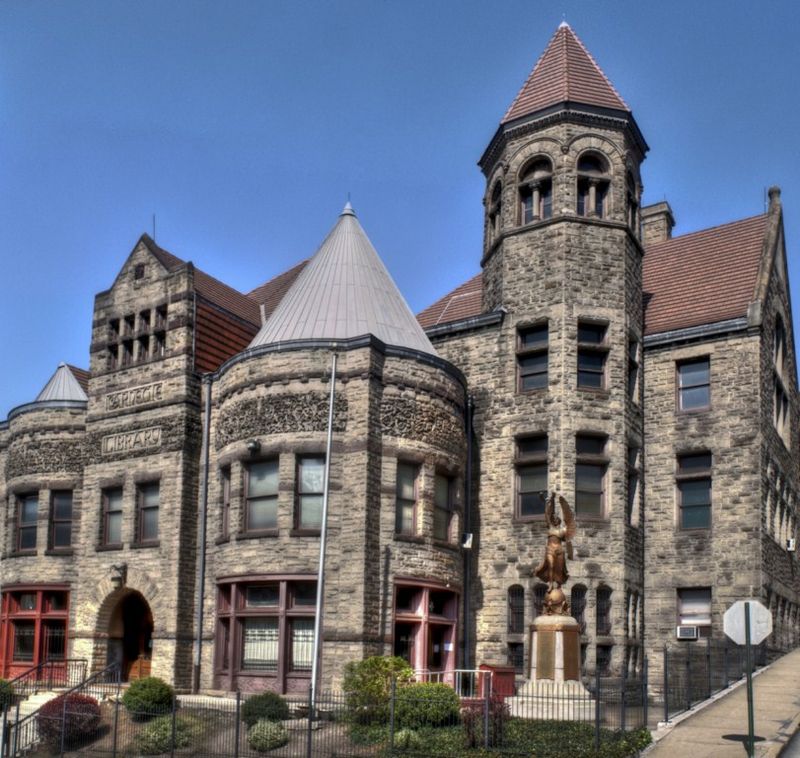
All you had to do was find the right book! In school, students were taught how library books were organized and catalogued. Your teacher was probably taught this. Were you? 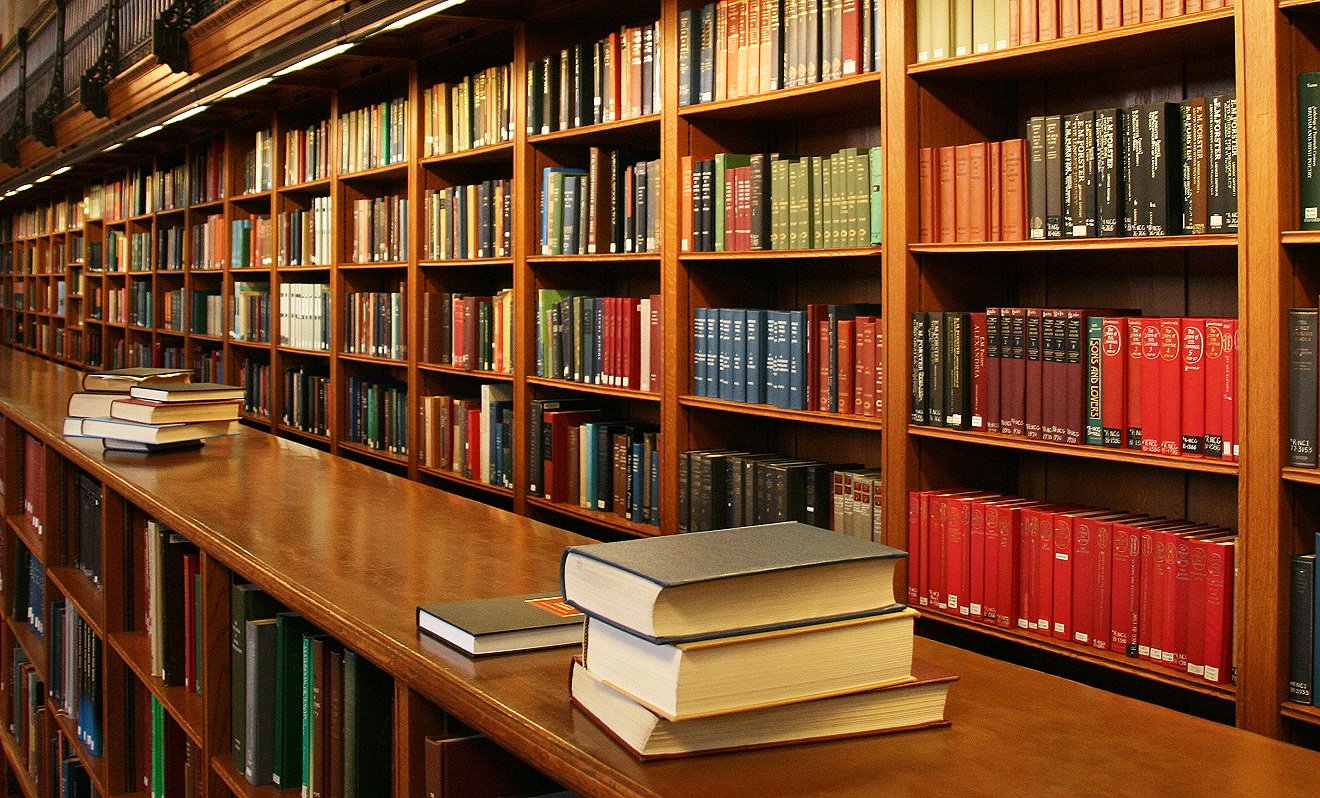 Librarians were there to help you find books, but they also had the important job of choosing which books the library bought. That meant something very important. Most of what you find in a library has been vetted – investigated – by a librarian. That means that its been judged to have quality appropriate for readers.
Librarians were there to help you find books, but they also had the important job of choosing which books the library bought. That meant something very important. Most of what you find in a library has been vetted – investigated – by a librarian. That means that its been judged to have quality appropriate for readers.
Today, the Internet and Information Revolution has changed everything. Your smartphone has access to more information than even the biggest library. The Alexandrian dream of having every book at your fingertips has been realized. But there’s a problem. The quality of what you find depends on the source, and the internet is so accessible that nearly anyone can be a source. That is good in letting many more people publish than before. But is is bad in that any crazy person, conspiracy theorist, egotist, propagandist, liar or con artist can be on the internet. And they are, and most are trying to get you to believe them. So nowadays, being a literate person, doesn’t just mean that you can read or write. It means that you can tell if what you read is real, or fake, distorted, trying to fool you. A main purpose of this class is to help you find accurate information that is valuable to you, without getting fooled.
Fortunately there are tools to do this, and we’ll show you them in this class. They take some practice, but aren’t hard to master. Sometimes they are even fun, as you get better spotting the people who try and fool you, and foil them.
Readings and Writings for the week:
What do You Want to Achieve in College? Please post a 1-2 paragraph description of what you hope to achieve and experience in college.
Read How to Get the Most Out of College
Complete this according to the article: “The more you regard college as a credentialing exercise…_______________________”
What did successful students (Mitchell Prize Winners) rank as most important in college, out of these choices: We asked them to reflect on college and to rank, in order of importance, such activities and dynamics as coursework, travel abroad, internships, relationships with classmates, relationships with faculty, involvement in campus groups, and reading done apart from any class obligation. #1 was ______________________________
Read How Fake News Turned a Small Town Upside Down
When an incident happened with a 7 and a 10 year old boy and a 5 year old girl in a laundry room, Facebook groups were created to get people to discuss the crime. They said that a young girl had been “gang raped at knife-point by Syrians.”
Was the claim true? (1pt)
2. (1 pt) Why do you think that the police didn’t release the names of the three in the laundry room? (1 pt) Do you think that’s a good or a bad idea not to release names in a case like this?
3. (1 pt) How accurate was the reporting by Brietbart News and the Drudge Report about the incident? (1pt) Does it appear that they made serious efforts to make their reporting accurate? (1pt) Do you think that inaccurate or false reporting on-line is a problem? If so is it a big problem, a slight problem, or how much of a problem?
Start to explore how science can help you tell real from fake. Do the Good vs. Bad science homework.
Reading and video about the importance of free and independent media: Press Freedom, The Importance of a Free Press,
Reading and video to help your college success: Expository Writing Skills NY Times, Strengthening the Student Toolbox, Different ways to teach and learn – which work better? How to Study Effectively Video #1
